Skin starting to feel dry? Little bit tighter than usual? Huh. That’s interesting. Anyway.. Did you see that episod-
Juuuuuust kidding. It’s completely and totally normal for your skin to go through changes over time. And one of the most common causes for skin starting to feel a little dry, tight, or dehydrated is Transepidermal Water Loss (known to its friends, enemies, and long-lost high school BFF, simply as TEWL).
What Is Transepidermal Water Loss?
Transepidermal Water Loss is a process where your skin loses moisture through the outermost layer of skin. Basically, it’s a long science-y term for a very normal occurrence; TEWL is natural and something that we’re all experiencing regularly.
In fact, in many instances, you probably haven’t noticed its impact all too much. The issue comes when TEWL gets exacerbated (more on how that can happen in a bit), which can lead to your skin starting to feel rough, tight, dry, stripped, and all kinds of uncomfortable.
What You Can Do To Stop TEWL
Right off the bat, let’s keep in mind that TEWL is normal, so avoiding it completely isn’t necessarily our goal. What we’re trying to do is make sure we don’t contribute to it, resulting in excessive moisture loss. That’s what has the potential to aggravate the skin and that’s what we’re going to avoid.
So, what types of things can lead to increased water loss? A drop in humidity (caused by the weather or even by an increase in air-conditioning/heating devices) or using stripping/harsh skin care products are both known culprits that can increase TEWL. To prevent these from disrupting your skin here’s what we recommend:
- Fill your routine with gentle, non-stripping skin care products. And pay attention to your skin barrier! Keeping your barrier healthy and strong is essential.
- Avoid overcleansing, overexfoliating, and generally going too hard on active-y skin care products. More isn’t always better! In fact, in some cases, it can even end up being the opposite and doing your skin more harm than good. So, for the love of happy skin, heed product instructions, introduce your new products slowly, and always (always!) seek personalised advice if you’re unsure how to incorporate something into your routine.
- When you know the humidity is going to be low, increase hydration in your routine to make up for the lack of moisture in the air.
- Consider using a humidifier to prevent dry air from exacerbating the issue.
Ingredients You Can Rely On To Help With TEWL
In order to help prevent TEWL, you’ll need a combo of both humectants and occlusives. Quick refresher on the difference between those below for you!
Humectants: Attract water to themselves and help slow down water evaporation from your skin. Hyaluronic acid, glycerin are both fantastic humectants.
Occlusives: Seal in moisture and stop water from evaporating. Beeswax, lanolin, shea butter are all fantastic examples of occlusives that will have everything locked right in your skin.






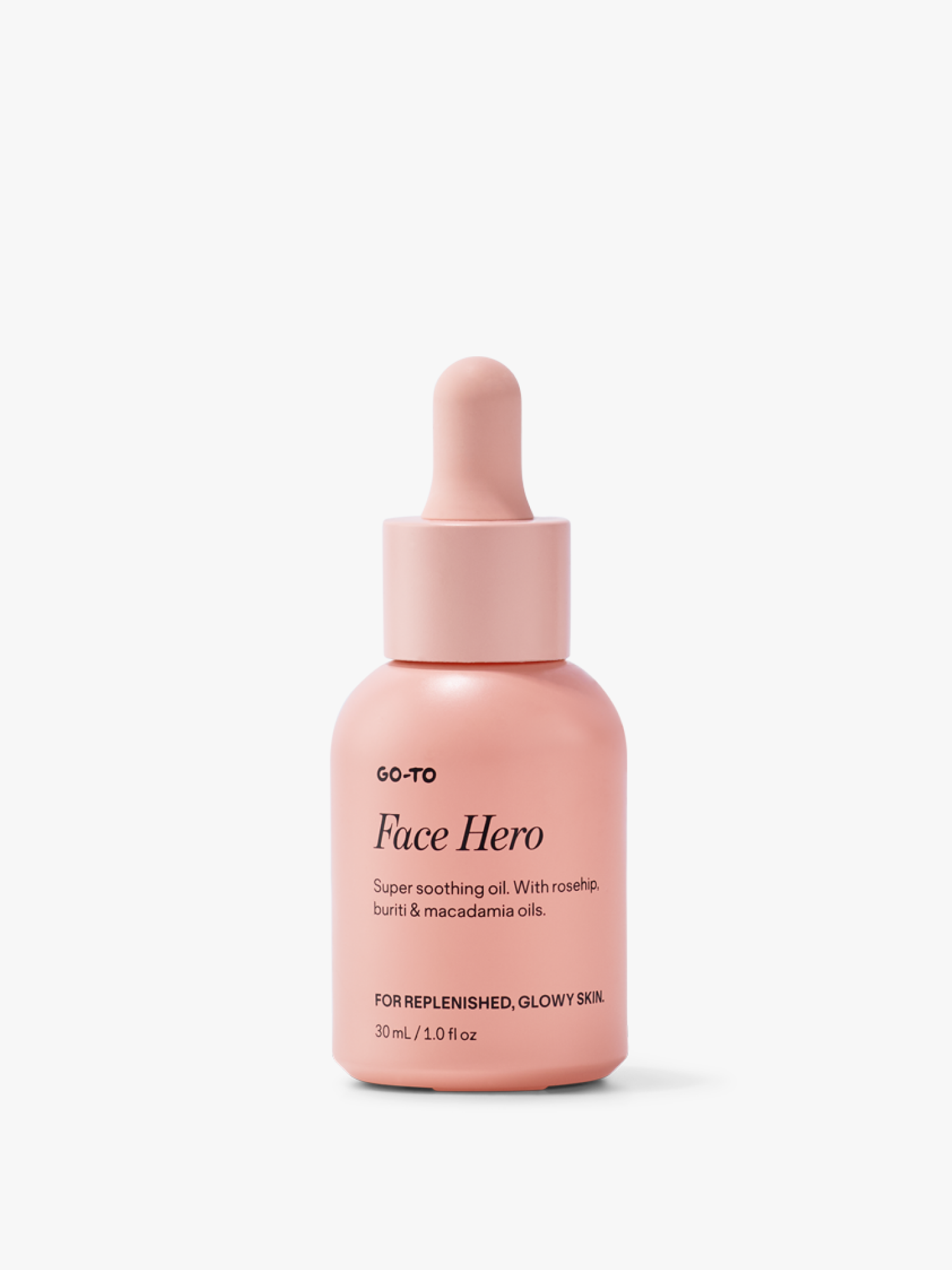
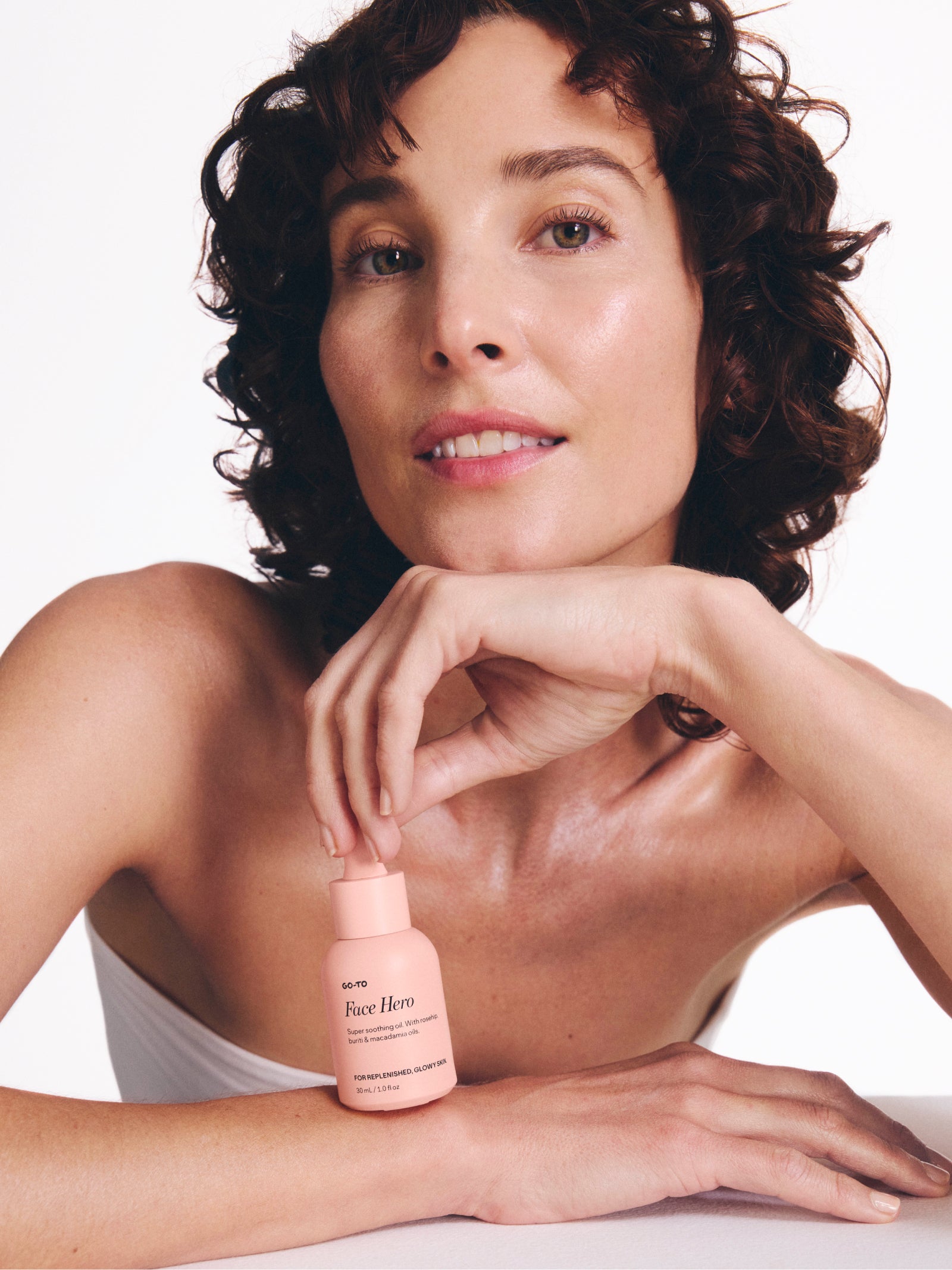

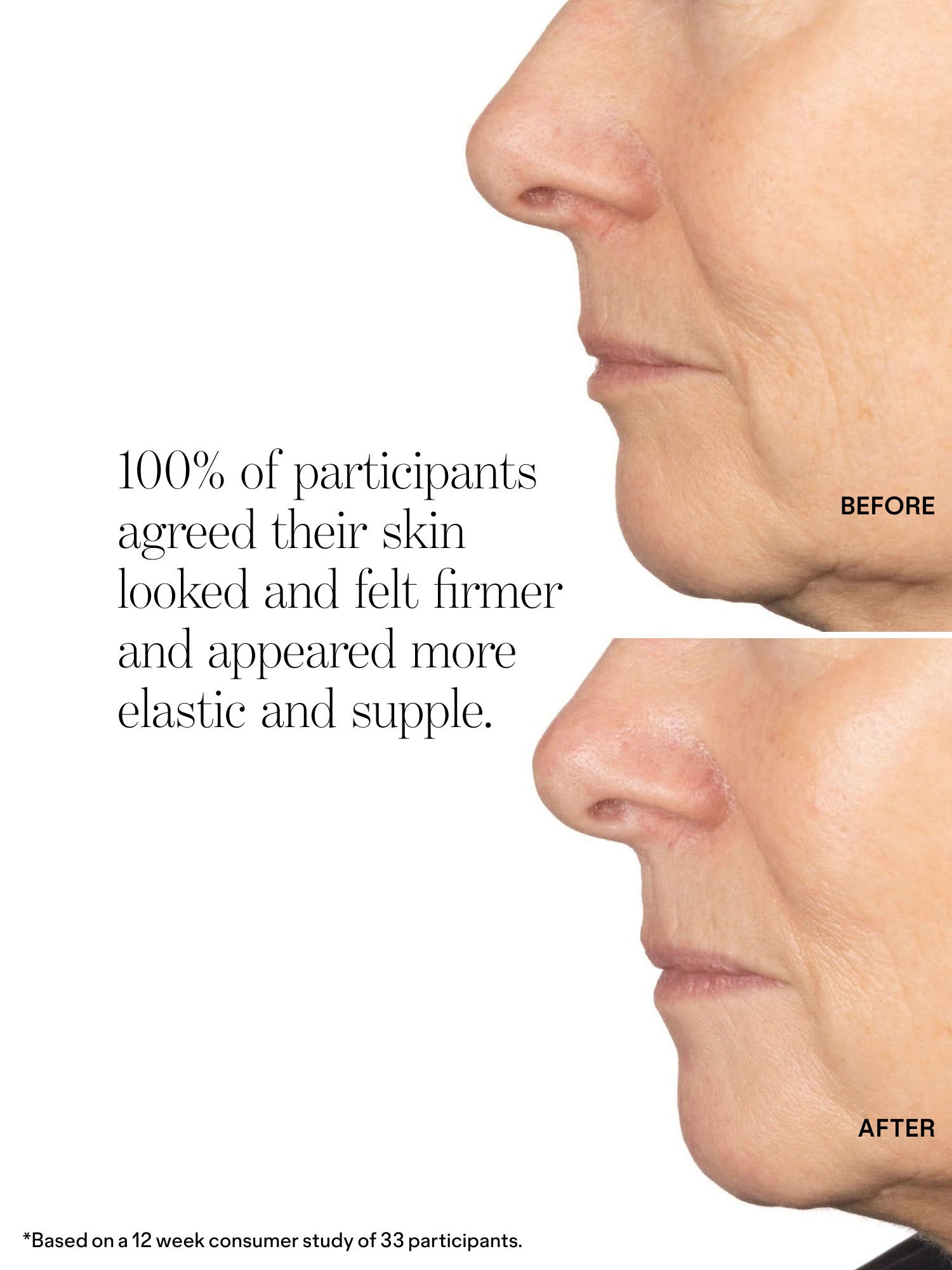

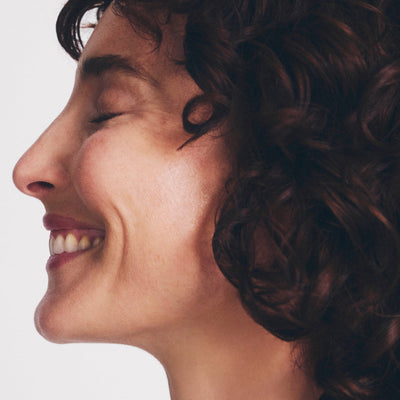


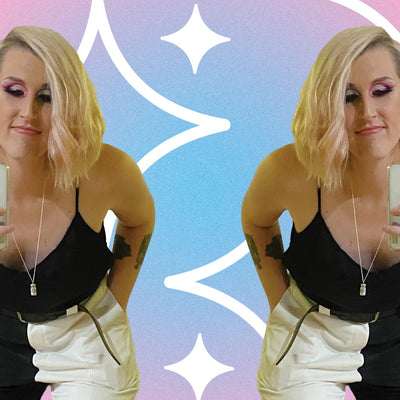
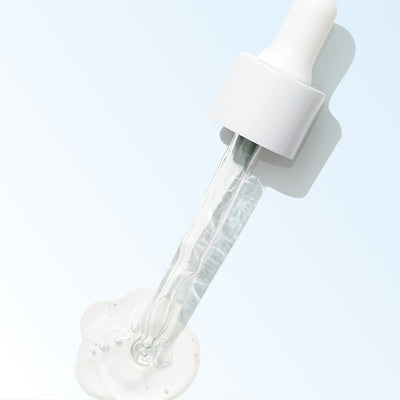
Comments